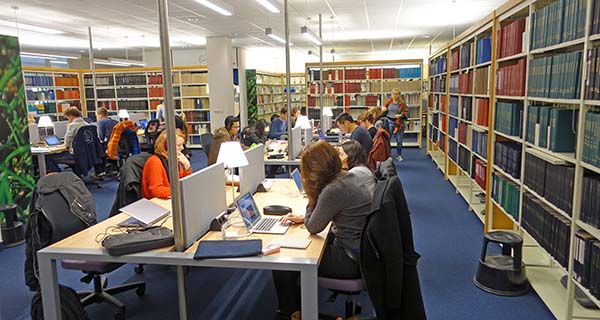How do I prepare for a Numerus Fixus exam on creativity and problem solving at Groningen? What kind of questions are those? I’m applying to biomedical engineering.
Preparing for a Numerus Fixus exam on creativity and problem solving for Groningen's biomedical engineering program can be quite challenging, but with the right approach, you can put your best foot forward. Here are some tips and insights:
Exam Format and Content:
Unfortunately, specific information about the exam format and content might not be readily available publicly. However, based on the keywords "creativity" and "problem solving," you can expect questions that go beyond traditional academic knowledge. They might assess your:
- Critical thinking and analytical skills: How well can you break down complex problems, identify key elements, and propose solutions?
- Lateral thinking and unconventional approaches: Can you think outside the box and come up with innovative solutions?
- Problem-solving under pressure: Can you stay calm and focused while working through challenges within a time limit?
- Scientific reasoning and application: Can you apply scientific principles and knowledge to solve practical problems in a biomedical engineering context?
- Communication and presentation skills: Can you clearly articulate your ideas and solutions, both verbally and in writing?
Preparation Strategies:
Here are some strategies to prepare for the exam:
- Practice solving creative problem-solving puzzles: Look for online resources or puzzle books with logic puzzles, riddles, and brain teasers. Focus on problems that require unconventional thinking and multiple solution paths.
- Brush up on your scientific knowledge: While the exam might not be purely academic, a strong foundation in relevant scientific concepts like biology, chemistry, and physics will be beneficial.
- Practice explaining complex concepts in simple terms: This will help you develop your communication skills and demonstrate your ability to apply knowledge to practical scenarios.
- Time management: Practice working under timed conditions to simulate the exam pressure. This will help you manage your time effectively and ensure you complete all sections within the allotted timeframe.
- Mock interviews: If possible, participate in mock interviews or practice answering open-ended questions related to creativity and problem solving in a biomedical engineering context. This will help you gain confidence and refine your communication skills.
Additional Resources:
- Groningen University website: Check the program website for any available information about the Numerus Fixus exam format and content. They might offer sample questions or past exam papers (if applicable).
- Biomedical engineering online resources: Look for online resources like Khan Academy or MIT OpenCourseware that offer introductory courses in relevant biomedical engineering topics.
- Creativity and problem-solving books: Several books focus on developing creative thinking and problem-solving skills. Some popular options include "Thinkertoys" by Michael Michalko and "Creative Problem Solving Techniques" by Scott Isaksen.
Remember, there's no one-size-fits-all approach to preparing for this exam. The key is to practice different types of problems, develop your critical thinking and communication skills, and stay confident in your abilities. Good luck!

Comments
Post a Comment
Thanks